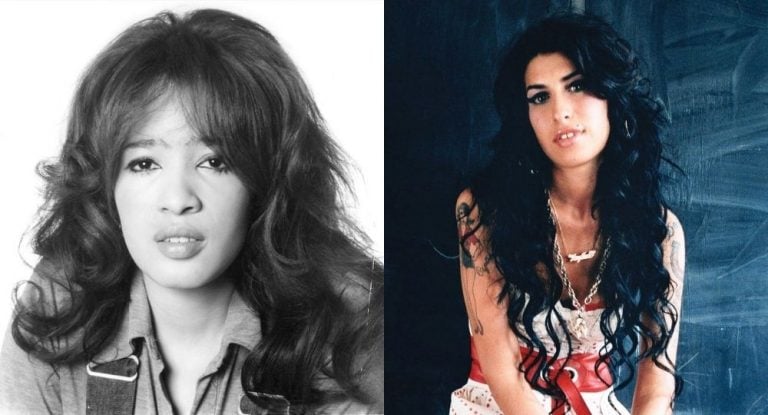Following the death of The Ronettes singer Ronnie Spector at the age of 78 “after a brief battle with cancer,” Mark Ronson has revealed that the late star was “a hero” to Amy Winehouse.
Ronson, who famously collaborated with Winehouse, tweeted: “This might not be a huge surprise to anyone but Ronnie Spector was a hero to Amy Winehouse.
“It’s one of the first things Amy made me listen to before we started working. She was incredible. Thank you Ronnie for the inspiration.”
After Winehouse died tragically in 2011 at the age of 27, Spector paid tribute to her with a cover of ‘Back To Black’, donating all proceeds going to the Daytop Village treatment facility for drug addiction.
At the time of the tribute performance, Ronnie said, “When I saw her two weeks ago on TV and she was all drugged out, drinking and stuff, I said, ‘Damn it, damn it, damn it, damn it! Don’t become like I was 20 years ago! I cleaned up. You gotta clean up!’ And two weeks later, she’s dead. I’m devastated.”
Ronnie died last week on January 12 “in the arms” of her husband Jonathan Greenfield, a statement from the singer’s family confirmed.
“Our beloved earth angel, Ronnie, peacefully left this world today after a brief battle with cancer. She was with family and in the arms of her husband, Jonathan,” it began.
Love Music?
Get your daily dose of metal, rock, indie, pop, and everything else in between.
“Ronnie lived her life with a twinkle in her eye, a spunky attitude, a wicked sense of humour and a smile on her face. She was filled with love and gratitude.
“Her joyful sound, playful nature and magical presence will live on in all who knew, heard or saw her.
“In lieu of flowers, Ronnie requested that donations be made to your local women’s shelter or to the American Indian College Fund.
“A celebration of Ronnie’s life and music will be announced in the future.
“The family respectfully asks for privacy at this time.”
Ronnie’s death comes almost one year after the death of her ex-husband, Phil Spector, whom she was married to from 1968 to 1974.
For more on this topic, follow the Pop Observer.


































